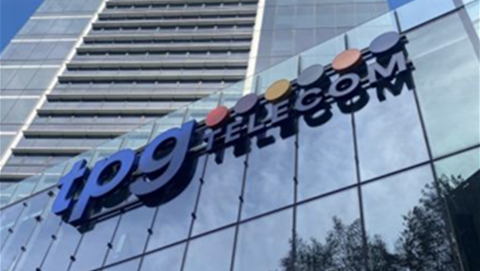A proposed network and spectrum sharing deal between Telstra and TPG is uncertain to receive approval, over fears it will line Telstra’s pockets and impact prices in ways that are “difficult to predict”.
The Australian Competition and Consumer Commission (ACCC) last week outlined its preliminary views on the proposal, which was unveiled back in February.
The short version of the ACCC’s 52-page paper [pdf] is that the regulator is unconvinced as to the merits of the deal, but is still open to arguments, ahead of an expected final decision in "early December".
One of the key sticking points is a series of fees and wholesale charges that TPG Telecom will pay Telstra; in particular, how those fees are priced into TPG’s plans and the revenue is priced into Telstra’s plans, and whether or not that produces outcomes that are good for customers.
TPG Telecom also faces a broader challenge to convince the regulator that a tie-up with Telstra is really the most commercially- and customer-friendly option for its future.
Put simply, the ACCC thinks TPG has other options, and is trying to establish the business case for these alternatives.
One option, according to the ACCC, would be for TPG to use some regional spectrum for a “targeted” network rollout, while finding ways to monetise or otherwise sell the rest.
The ACCC likes this, in part because it “may … reduce some of the benefits claimed by TPG and Telstra in relation to more efficient spectrum use in the future with the proposed” tie-up.
Alternatively, the ACCC said its “preliminary view is that there is a real commercial likelihood that TPG and Optus would enter into either a network sharing agreement and/or a roaming agreement in the future” if the Telstra tie-up did not proceed.
The ACCC has long held a position that Australia is better off with more mobile players; it previously - unsuccessfully - rejected the TPG-Vodafone merger in the hopes that the two companies could stay commercially viable without merging.
The ACCC indicated the impact a Telstra-TPG agreement would have on price competition across the mobile market remains unclear and “difficult to predict”.
The regulator’s preliminary opinion is that TPG will ultimately raise its prices, however.
“The ACCC’s preliminary view is that TPG’s immediate improvement in the quality of its product, and the increased cost to TPG of providing services, will incentivise TPG to raise prices in a future with the proposed transaction (although the effect on the quality adjusted price is unknown),” the commission said.


























